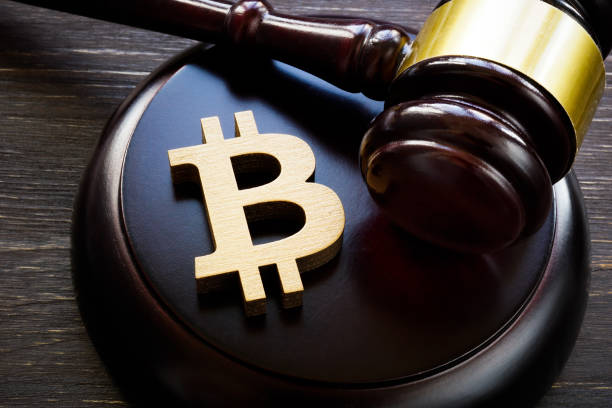Introduction
The evolving intersection of Bitcoin policies and blockchain innovation is a captivating subject in the tech and financial worlds. As blockchain emerges as a transformative technology, the regulatory frameworks governing Bitcoin play a pivotal role in shaping its trajectory. This article delves into the multifaceted impact of Bitcoin policies on blockchain innovation, examining opportunities, challenges, and future trends.
Bitcoin, the pioneer of blockchain technology, has revolutionized financial systems with its decentralized nature. However, as governments grapple with its implications, regulations surrounding Bitcoin can significantly influence the broader blockchain ecosystem.

Understanding the Policy Landscape
Bitcoin’s Regulatory Framework
Bitcoin policies vary widely across the globe. While some countries embrace it as a legal tender or investment asset, others impose stringent restrictions. These regulations influence blockchain adoption and innovation in profound ways.
The Role of Governments
Governments have the dual responsibility of ensuring economic stability while fostering technological innovation. Bitcoin regulations often reflect this balance, shaping the extent to which blockchain ecosystems can flourish.
Positive Impacts of Bitcoin Policies on Blockchain Innovation
Encouraging Mainstream Adoption
Supportive Bitcoin policies can drive widespread adoption of blockchain technologies. For example, clear regulatory guidelines provide businesses with the confidence to explore blockchain-based solutions.
Stimulating Research and Development
Regulations often stimulate research into secure and scalable blockchain frameworks. Governments and private entities invest in blockchain R&D to align with compliance standards, leading to technological advancements.
Building Trust through Compliance
Regulated Bitcoin environments enhance trust among users and investors, which is critical for blockchain ecosystems to thrive. Compliance reduces risks associated with fraud and illicit activities.
Challenges of Over-Regulation
Innovation Constraints
Excessive regulations can stifle blockchain innovation. Entrepreneurs may face hurdles in developing decentralized solutions due to compliance costs and bureaucratic red tape.
Cross-Border Complexities
Diverse regulatory landscapes across countries create challenges for blockchain projects operating globally. These disparities often lead to operational inefficiencies.
The Risk of Centralization
While regulations aim to bring order, they sometimes contradict blockchain’s decentralized ethos. Over-regulation risks centralizing control, undermining blockchain’s foundational principles.
Global Perspectives on Bitcoin Policies
United States
The U.S. follows a cautious yet progressive approach. Regulatory sandboxes and innovation hubs provide avenues for testing blockchain solutions within a controlled environment.
European Union
The EU emphasizes consumer protection and sustainability in its blockchain policies, fostering innovation while ensuring compliance.
Asia
Countries like Singapore and Japan are leaders in blockchain-friendly regulations, creating ecosystems that attract global blockchain firms.
Future Trends in Blockchain Innovation and Policies
Emergence of Decentralized Finance (DeFi)
Bitcoin policies are crucial for the burgeoning DeFi sector. Clear regulations can unlock the potential of blockchain-based financial services.
Integration with Green Technologies
Future policies are likely to incentivize sustainable blockchain solutions, addressing concerns over energy consumption.
Public-Private Partnerships
Collaboration between governments and private entities can accelerate blockchain adoption across sectors like healthcare, supply chain, and education.
Conclusion
Bitcoin policies undeniably shape the future of blockchain innovation. Striking a balance between regulation and freedom is key to harnessing blockchain’s transformative potential. By fostering supportive environments and addressing challenges, policymakers can ensure that blockchain technology continues to drive global progress.

zxyqur